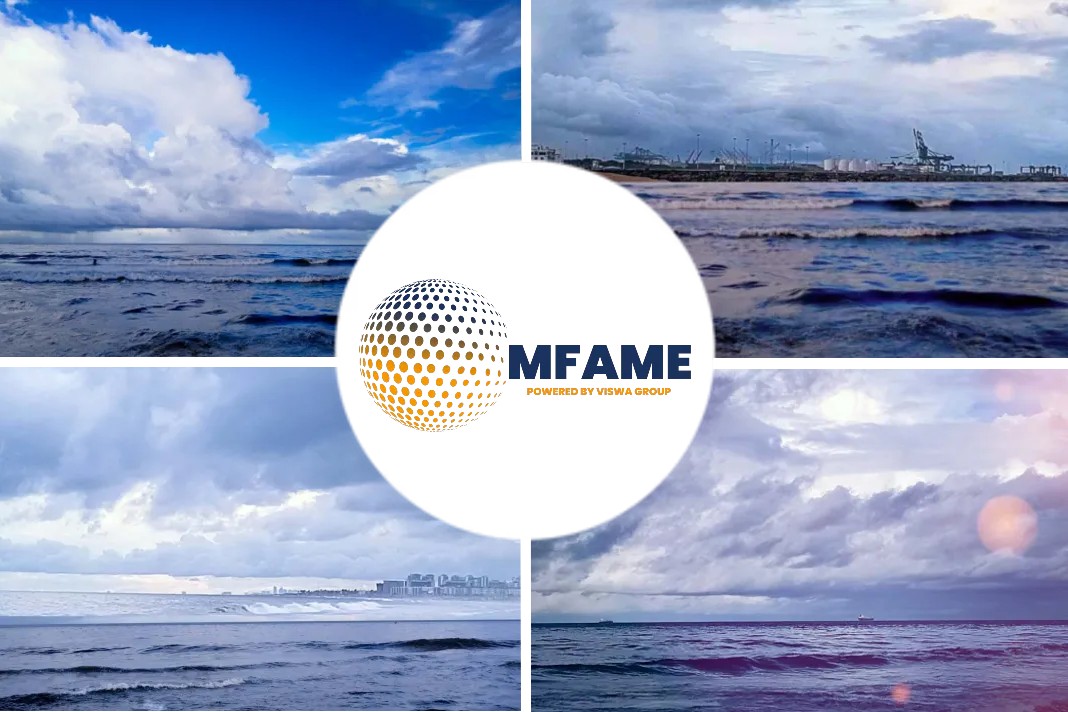
The latest research from Alphaliner indicates that major carriers are competing for a decreasing number of available second-hand container ships, particularly in the feeder-size range of 700-999 twenty-foot equivalent units (TEU). The study reveals that while there are no new orders for these vessels, carriers continue to make abundant acquisitions in this size category, as reported by The Loadstar.
Surge in charter rates
Major carriers in the shipping industry have been acquiring second-hand vessels from non-operating owners (NOOs), with a total of 675 vessels purchased over the past three years, according to Alphaliner. MSC, in particular, has been aggressively acquiring feeder tonnage, with 306 vessels acquired this year alone, including 20 in the 700-999 twenty-foot equivalent unit (TEU) range. However, the supply of feeders is decreasing as owners are reluctant to invest in smaller vessels. Alphaliner has highlighted concerns about the future of the sub-1,000 TEU sector, as there are no newbuild vessels on order from NOOs. Additionally, replacement vessels in the 2,000-2,600 TEU range are deemed insufficient. The pandemic triggered a surge in charter rates for smaller vessels owned by NOOs in 2021, leading to a buying frenzy by carriers. Nevertheless, the International Maritime Organization’s new Carbon Intensity Indicator (CII) regulations pose a challenge to feeder trades due to their operational requirements conflicting with the slow-steaming approach favoured by owners to comply with CII regulations in the short term.
Energy saving technologies
Despite the challenges posed by carbon regulations, Alphaliner acknowledges that there is still significant demand for small feeder vessels among carriers. These vessels play a crucial role in completing the last leg of a container’s journey. However, they are not well-suited to benefit from energy-saving technologies like wind power due to their frequent port calls. Lloyd’s Register’s Horizons report also expressed concern about the lack of new feeder tonnage and highlighted the essential function these vessels serve. On the other hand, Xeneta’s chief analyst, Peter Sand, warned that reducing the feeder fleet would be counterproductive for carbon emission reduction efforts. He emphasized that such a reduction could lead to certain ports losing connectivity and shippers resorting to less efficient inland transport from hubs.
Did you subscribe to our newsletter?
It’s free! Click here to subscribe!
Source: The Loadstar


















